Microsoft plays hardball with Chrome feature

A recent update from Microsoft has caused a glitch in a key Chrome function, resulting in an inconvenience for Chrome users trying to switch their default browser, according to a Gizmodo report. Chrome, being the most widely used browser globally, had introduced a new feature in April, allowing users to switch to an alternate browser with just one click.
However, this function was disrupted for Windows Enterprise users, who were repeatedly presented with the Windows default settings page every time they launched Chrome. The issue persisted for a few weeks, leaving users with no option but to remove the operating system update to prevent the pop-up from appearing. As a result, Google was compelled to disable the setting, making Chrome less user-friendly for this particular user group.
In July 2022, Google quietly added a new feature to the Windows version of Chrome, which marked a minor development in the ongoing browser battle. With the introduction of a new button, users could effortlessly change their default browser with just one click, eliminating the need to navigate to their system settings. The feature was well-received in the first eight months. However, in April, Microsoft released a Windows update (KB5025221), which sparked an intriguing turn of events.
According to a Reddit user, the Windows default settings page appeared not only when launching Chrome, but also when clicking on links, but only if Chrome was set as the default browser. The user noted that this issue did not occur if Microsoft Edge was selected as the default browser.
For regular consumer editions of Windows, the situation was slightly less severe. The "Make Default" option that allowed for a quick switch to a different browser simply ceased to operate. While Microsoft did not provide any official statement on the matter, they did provide a link that had been previously published, which may have caused the disruption to Chrome's functionality.
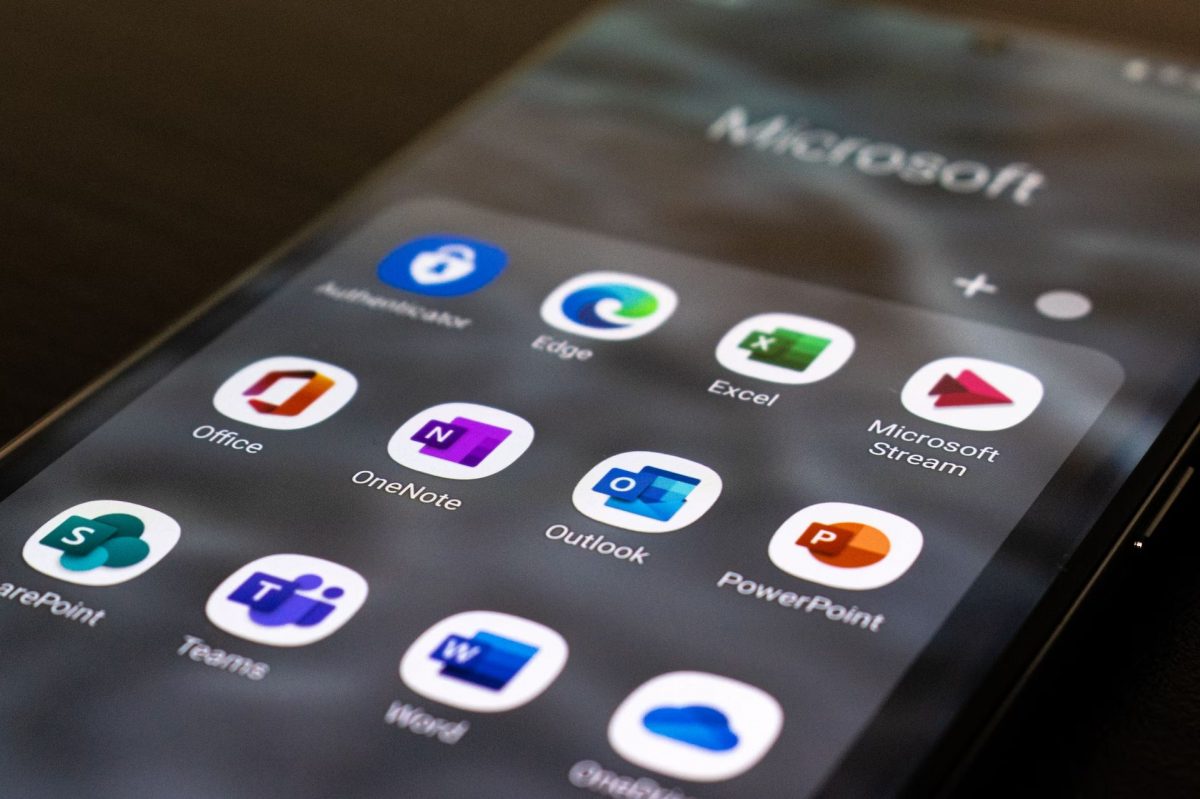
Miranda Davis, a spokesperson for Microsoft, stated that the company has always prioritized giving users control over their Windows PC experience:
“For information on this, please see this blog post about Microsoft’s approach to app pinning and app defaults in Windows. Microsoft has nothing further to share.”
Mozilla's Firefox browser comes equipped with a built-in one-click default button that remained unaffected during the aforementioned situation. However, according to Steve Teixeira, Mozilla's Chief Product Officer, Microsoft's recent actions are not their first instance of anti-competitive behavior in recent years.
“When using Windows machines, Firefox users routinely encounter these kinds of barriers, such as overriding their selection of default browser, or pop-ups and misleading warnings attempting to persuade them that Edge is somehow safer. It’s past time for Microsoft to respect people’s preferences and allow them to use whatever browser they wish without interfering with their choice,” Teixeira stated.
As a result Google was forced to disable its one-click default option, which ultimately resolved the issue. In other words, it appears that Microsoft deliberately disrupted a Chrome feature that had made life easier for consumers. While Google acknowledged the information presented in this story, it refrained from providing any further details.
Did Microsoft cross the line?
This action by Microsoft is consistent with its past behavior in its campaign against non-Windows web browsers and their users. With a dominant 66% market share, Chrome is undeniably the most popular internet browser worldwide. Earlier this year, Microsoft began displaying full-size advertisements in search results for Google Chrome, stating "There's no need to change your default browser." What do you think? Did Microsoft cross the line with Chrome disruption?
Advertisement
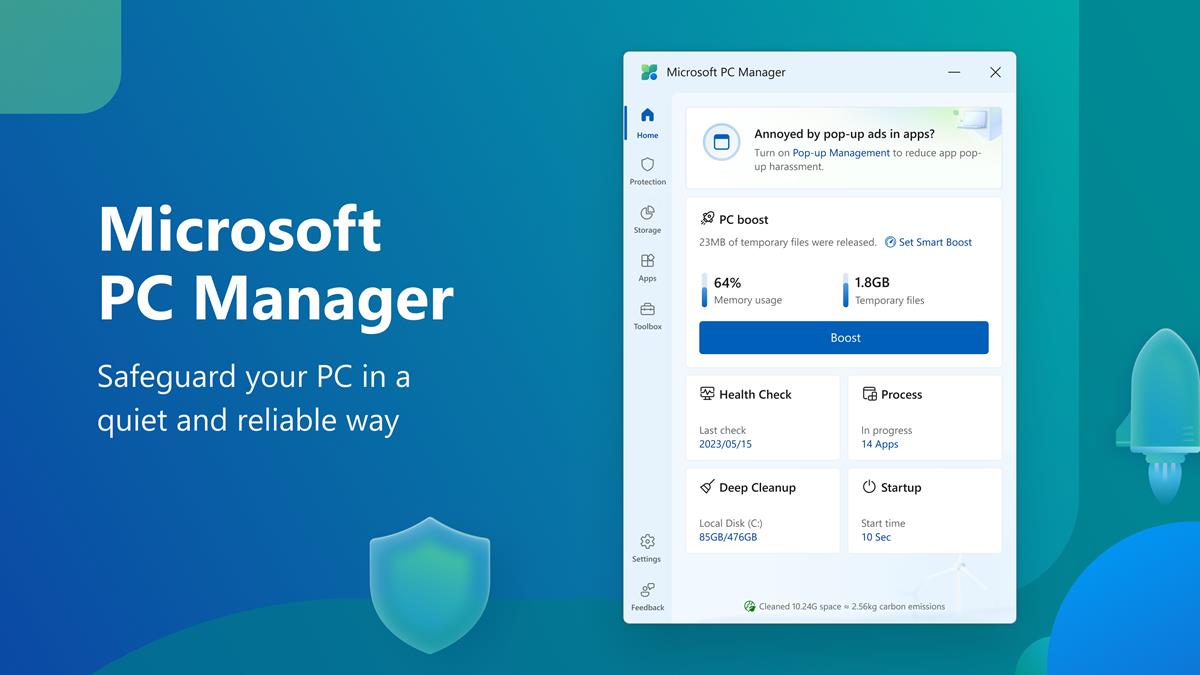

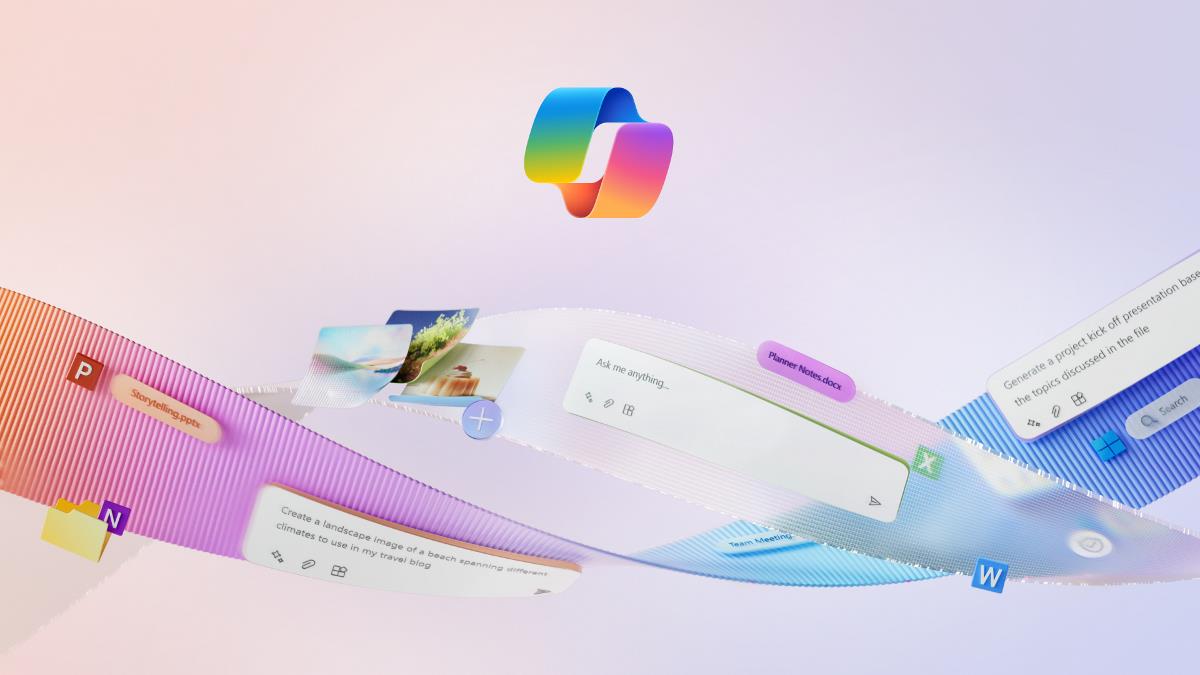
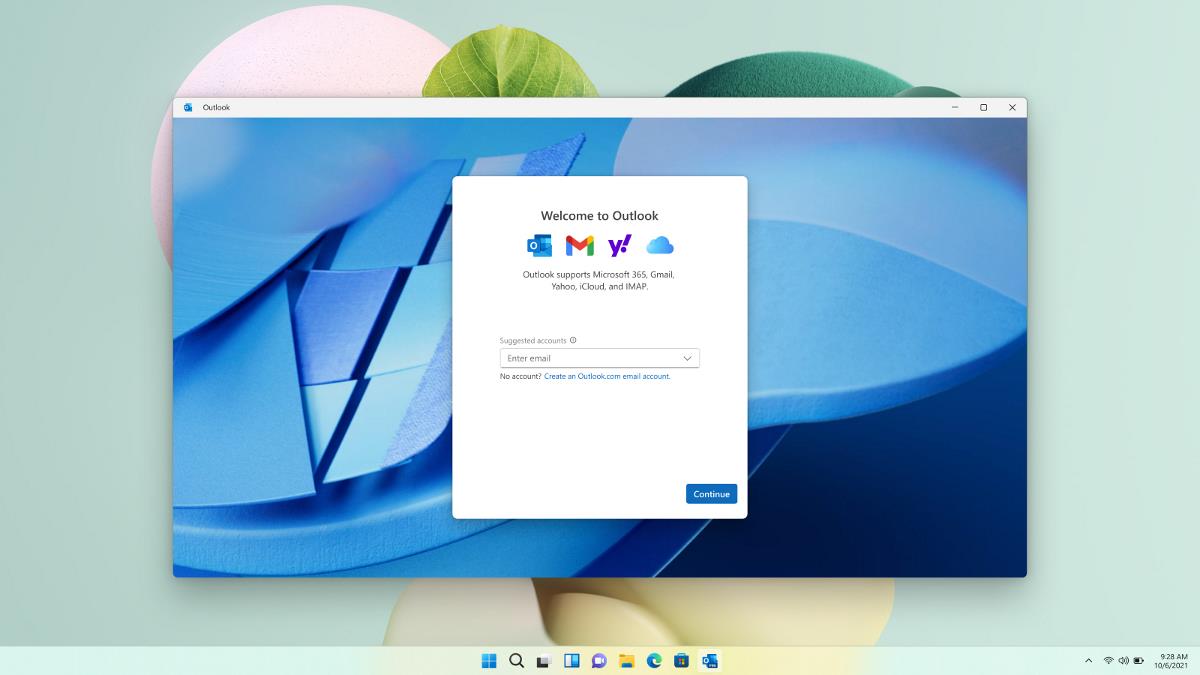




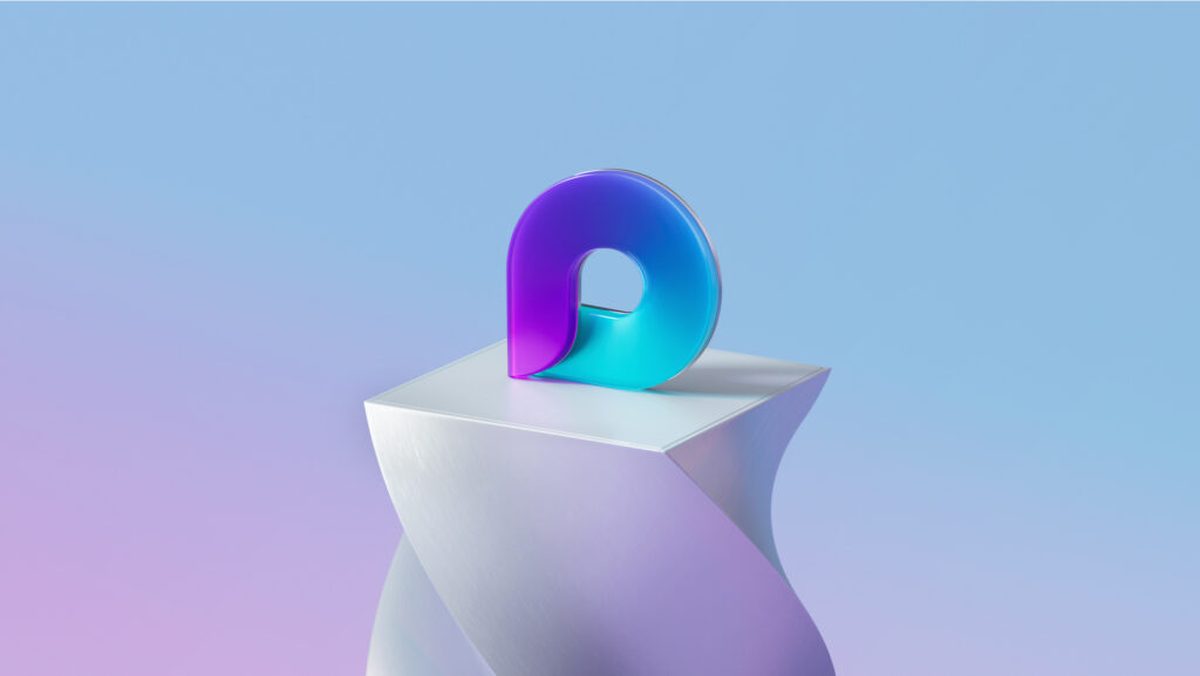












Miranda Davis, like other Microsoft employees, is delusional.
I have not had any issues setting Chrome as default. But I mostly manually set everything to default to Chrome. At first I actually did switch to Edge, I found it very good at first. Until Microsoft bloated it up with useless features and gimmicks. I went back to Chrome a few months ago.
Yep Chrome found a special method to set default app (even ADOBE doesn’t have this feature, very cool!), and Microsoft makes it act up (breaks the icon until a reboot, etc).
Who’s to blame? Chrome did a weird thing here they’re *really* not supposed to do in the first place, and Microsoft broke it. I don’t really care but it’s funny
I think this everlasting “If they do it to you do it to them”, this law of retaliation is a perpetuation of antique philosophies which surprisingly persists in the Western world when we’d rather link it to uncivilized barbarians. In other words business may become barbarian when practiced by uncivilized minds. Of course GAFAM companies are inherently uncivilized in this perspective, need to say. It’s a lose-lose game so far from a win-win one, exactly opposite to, in fact.
“Miranda Davis, a spokesperson for Microsoft, stated that the company has always prioritized giving users control over their Windows PC experience:”
And what about my calves, are they shanks? (approximately translated from a French expression itself nuanced by myself regarding its triviality. If you wish to know just ask, lol)
Steve Teixeira, Mozilla’s Chief Product Officer : “[…] It’s past time for Microsoft to respect people’s preferences and allow them to use whatever browser they wish without interfering with their choice,”
They never will. I’m auto-censuring my feelings about Microsoft and more than ever comforted in my position of avoiding Microsoft products.
The real issue here with Microsoft is the disrupted behaviour of being unable to uninstall entire Edge from W10/11. “And what about my calves, are they shanks?”, LOL, please explain. :S
As far as I remember all Microsoft OSs made it impossible to uninstall their native browser; disable it sometimes, uninstall never. Here on Windows 7 I’ve disabled IExplore but never got to uninstalling it. No real point to uninstall by the way.
“And what about my calves, are they shanks?” is another way of saying “If this is true then [something impossible] is true”, such as “then the real Eiffel tower is located in Las Vegas”. We have a trivial expression in French which says “Ah! bon ? … et mon cul c’est du poulet ?” which translates to “Really? And my butt, is it chicken?”. I replace “butt” by “calves” and “chicken” by “shanks” to make it more appropriate for sensible souls, lol.
“And what about my calves, are they shanks?” is my creation, no copyright, and you’ll find it nowhere stated otherwise than within my talented prose of course. Feel free to propagate this invaluable piece of French intellectual work.
@Tom Hawack, thank you Tom for the good explanation about your non copyrighted funny phrase about calves! Nice idea yo use these words and not the original ones, LOL. I think sometimes in the curious case of Spain, with some good ingenious phrases too, that is between Portugal and France, so close and also so different the three countries. I remember an old french man when my family and I visited the sacred santuary of Lourdes, that man started to talk with my father about politics during the meal. The old french man said in those times, I think it was in 2006, that there should be a southern EU with France, Italy, Portugal, Greece and Spain in order to get more power. Old times I guess. The same idea about a southern EU was said by a portuguese waiter during dinner in the hotel we were in Fatima, visiting the santuary in 2017. My father was quite surprised about such coincidence. It’s very surprising that so close countries seem so close and so far at the sane time. Sorry, I have rambled a lot! :]
@John G.
First, I salute your visits to Lourdes and Fatima. deem emotion here at the simple evocation of these two places.
A Mediterranean partnership exists : Union for the Mediterranean [https://en.wikipedia.org/wiki/Union_for_the_Mediterranean] “[…] with an aim of reinforcing the Euro-Mediterranean Partnership (Euromed) […]” but is not strictly Mediterranean as defined by the terms.
Personally I’m truly and deeply concerned by, committed to Europe, culturally and politically.
Diversity as diversity which brought up the United States, signs Europe and makes its strength as well as it contributes to some of its problems. Diversity and perhaps indeed one division among others ; northern and southern European countries, because of geography, climate hence cultures. One Europe with respect to its diversity, that of specifics to countries, cultures, north, south, east and west.
I’ve known a bit of Spain and Portugal within their capital, Madrid and Lisbon … but that was a very long time ago; unforgotten anecdotes nevertheless. I linger to further and deeper discover both countries. Of course geographical proximity doesn’t determine identical cultures, same as France and Belgium for instance : close but each with its own character.
Sunshine, rain, creativity and formalism, southern enthusiasm and northern rigidity … all have their charms in my view. Rainy, foggy London is a charm, it’s cozy. White sand, blue skies and turquoise Mediterranean waves trigger of course the soul’s inclination for peace and harmony … though heat may trigger passion as well, passionate love, passionate clashes. c’est la vie :=)
I’ve been totally off-topic. I beg the audience’s pardon!
@Tom Hawack, I’ve been totally off-topic too. I beg the audience’s pardon also! :S
However, what a good conversation for this wednesday. :]
@John G., yeps, interesting. You’re among the people here I’d like to meet, chat with, be it computing, be it life.
Not really a big deal, Chrome DID the fucking same thing to other browsers (Firefox) by advertising Chrome everywhere, tweaking their website to work best on Chrome only, that’s just a payback.